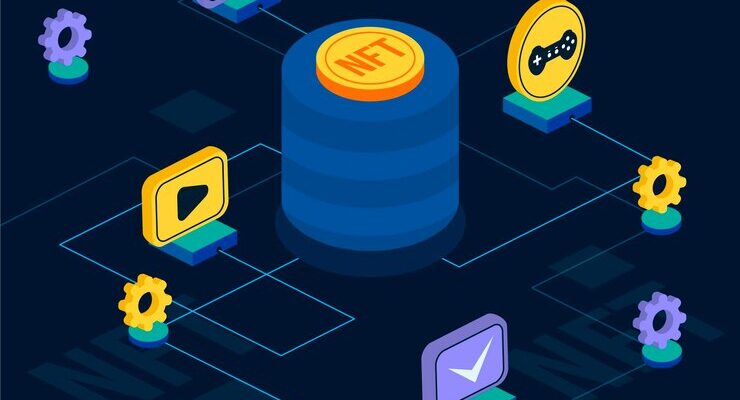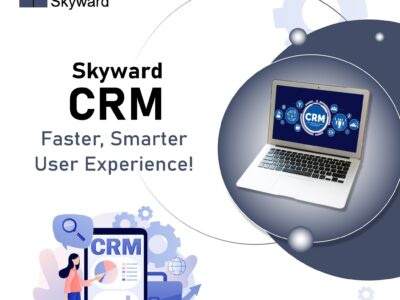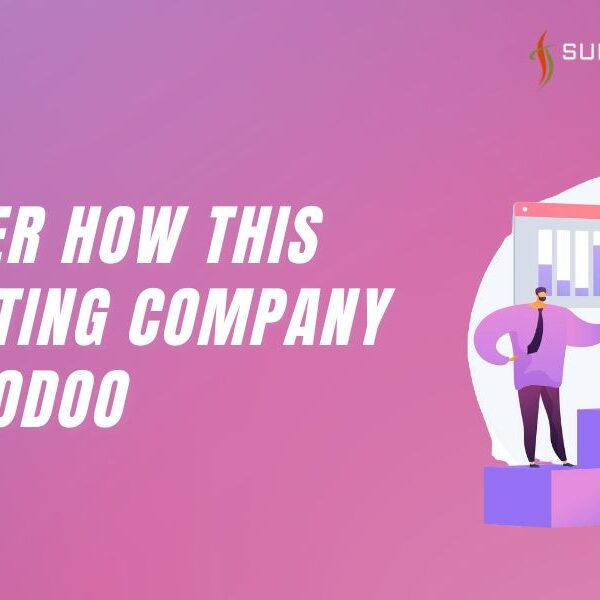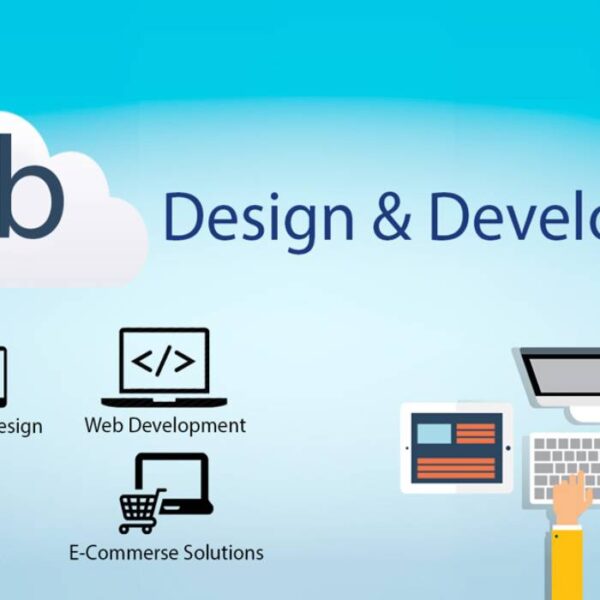
Asset tokenization is rapidly transforming the financial and real estate industries by enabling the digitization of assets, making them tradable on blockchain networks. Whether you are considering tokenizing real estate, art, commodities, or any other tangible or intangible asset, understanding the cost structure of asset tokenization development is essential. This article breaks down the costs of an assets tokenization development, highlighting key factors contributing to the overall expenses.
Introduction to Asset Tokenization Development
Before discussing the costs, let’s define asset tokenization. In its simplest form, asset tokenization refers to converting rights to an asset into a digital token on a blockchain. These tokens can represent ownership or a stake in the asset, enabling fractional ownership, ease of transfer, and improved liquidity.
An assets tokenization development company builds and manages the necessary infrastructure. These companies use blockchain technology to create secure, transparent, and immutable systems that ensure trust among parties involved in tokenized asset trading.
Now, let’s break down the different costs associated with assets tokenization development.
Key Factors Influencing Asset Tokenization Platform Development Costs
When considering the overall cost of assets tokenization platform development, several factors come into play. Here are the most important components:
1. Blockchain Selection
The first major factor in determining the cost is the choice of blockchain. You can choose from several blockchains, including Ethereum, Binance Smart Chain (BSC), and Polygon. Each has different transaction fees (gas fees) and smart contract capabilities.
- Ethereum: Highly secure but can incur higher transaction costs.
- Binance Smart Chain (BSC): Lower fees compared to Ethereum.
- Polygon: Offers cheaper gas fees while still ensuring robust security.
The choice of blockchain directly impacts the development cost of an asset tokenization platform. If the platform demands extensive smart contract functionality or handles large transaction volumes, development and operational expenses will increase.
2. Smart Contract Development
Smart contracts form the backbone of any tokenization platform. These self-executing contracts facilitate the transfer of ownership, ensure compliance, and automate transaction processes.
The cost of developing smart contracts depends on their complexity:
- Basic smart contracts for token creation are relatively inexpensive.
- Advanced smart contracts for regulatory compliance, profit sharing, or complex asset structures are more costly.
Developers typically charge based on the complexity and customization required, ranging from a few thousand to tens of thousands of dollars. The expertise of the assets tokenization development company can significantly influence these costs.
3. Tokenization of Different Asset Types
The type of asset you are tokenizing will also affect the cost. Tokenizing real estate, for example, requires detailed contracts, title verification, and compliance with jurisdiction-specific regulations. On the other hand, tokenizing digital art or intellectual property rights might be less cumbersome but still involves legal and technical challenges.
Different asset classes have their own legal, regulatory, and technical requirements, all of which add to the cost of developing an asset tokenization platform.
4. Platform Design and Development
The next crucial factor is the cost of building the platform itself. A robust tokenization platform must include a user-friendly interface, secure backend, and integration with blockchain networks. Depending on the desired features and scalability, this can become a significant expense.
- Front-end development: A seamless and intuitive user interface is vital for attracting users and investors.
- Back-end development: Ensuring a secure, scalable system for token issuance, transfer, and custody is crucial.
- Integration with blockchain: Synchronizing the platform with the chosen blockchain requires additional development.
Depending on its complexity, a fully functional tokenization platform can cost between $50,000 and $250,000 on average.
5. Security Features
Security is a critical aspect of assets tokenization development. Given the potential risks of fraud, hacking, and regulatory breaches, tokenization platforms must employ the highest security measures. Security features include:
- Multi-signature wallets: To prevent unauthorized access.
- Data encryption: To secure sensitive information.
- KYC/AML compliance: Ensures adherence to regulations.
Implementing advanced security measures will increase the development cost but is essential to protect both platform operators and users.
6. Regulatory Compliance and Legal Fees
A significant portion of the cost of assets tokenization development relates to ensuring that the platform complies with local and international regulations. Tokenized assets must adhere to KYC (Know Your Customer) and AML (Anti-Money Laundering) laws, securities regulations, and taxation rules.
- Jurisdiction-specific compliance: If you’re tokenizing assets across borders, navigating the regulatory landscape can be costly and time-consuming.
- Legal consultation: Engaging legal experts to ensure compliance, draft contracts, and address regulatory concerns is crucial and can significantly increase the cost.
7. Ongoing Maintenance and Support
Launching a tokenization platform is just the beginning. There are ongoing costs for maintenance, upgrades, and technical support. These costs are often necessary to ensure the platform remains secure, operational, and up-to-date with new blockchain developments and regulatory changes.
Typically, support and maintenance costs can range from 10% to 20% of the initial development cost per year.
8. Marketing and User Acquisition
Although not directly related to development, marketing plays a crucial role in the success of a tokenization platform. You need to build brand awareness and trust to attract investors and asset owners. Costs include:
- Digital marketing: SEO, paid ads, and social media campaigns.
- Partnerships and collaborations: Working with legal and financial entities to build credibility.
- Educational content: Providing information about tokenization and its benefits to potential users.
A well-thought-out marketing strategy can range from $10,000 to $100,000, depending on the platform’s scale and the targeted audience.
Conclusion
Numerous variables, such as the choice of blockchain, the complexity of smart contracts, platform features, and regulatory compliance, affect the cost of asset tokenization development. While the initial investment can range from $100,000 to several million dollars, the potential returns of increased liquidity, fractional ownership, and global accessibility make it a worthwhile venture for many businesses.
Hiring an experienced assets tokenization development company can significantly reduce the risks and challenges of developing a tokenization platform. By considering the factors above, you can better estimate the cost of developing an assets tokenization platform and create a clear roadmap for your project.
FAQs
1. How much does it cost to develop an asset tokenization platform?
The cost varies depending on blockchain selection, smart contract development, and platform features. On average, expect to spend between $100,000 and $500,000.
2. What are the ongoing costs for an asset tokenization platform?
Ongoing costs include platform maintenance, security updates, regulatory compliance, and customer support, typically costing 10% to 20% of the initial development cost per year.
3. Why should I hire an assets tokenization development company?
An experienced assets tokenization development company can ensure the platform is compliant, secure, and efficient, significantly reducing the risks associated with tokenization projects.
4. Is asset tokenization legal?
Yes, but you must adhere to local and international regulations. Ensure your platform complies with securities laws, KYC, AML, and other relevant legal frameworks.
5. What are the benefits of tokenizing assets?
Tokenization offers improved liquidity, fractional ownership, global accessibility, and reduced transaction costs for both asset owners and investors.











